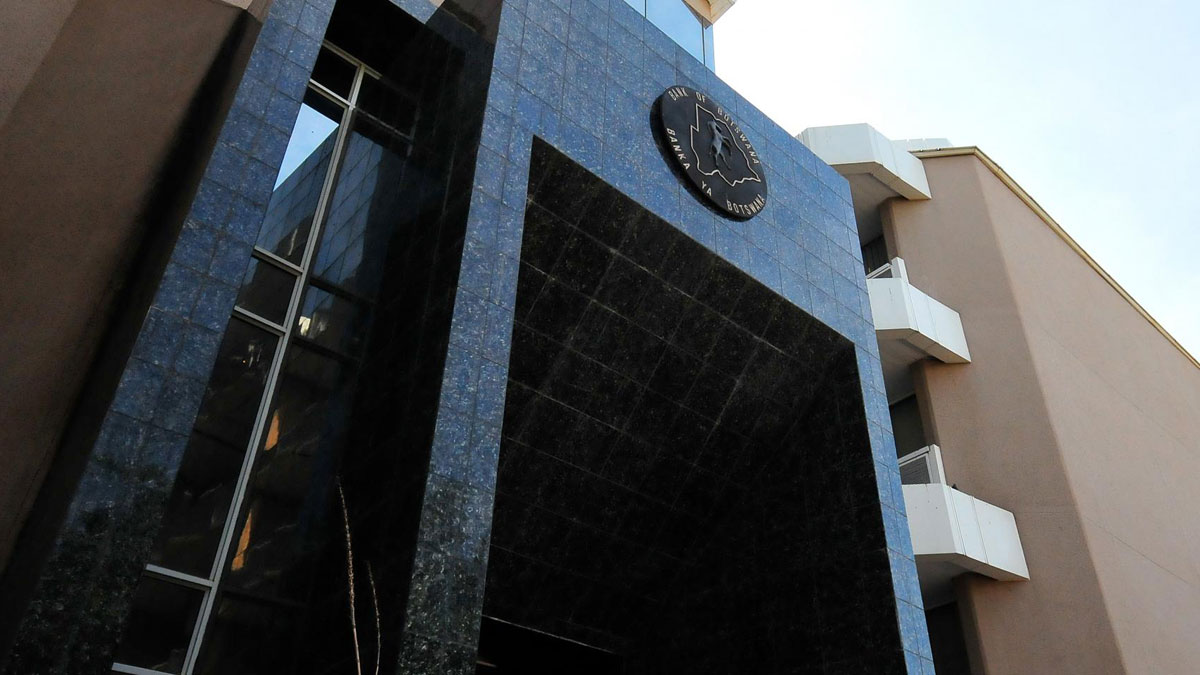Despite high inflation, BOB to withdraw Covid-19 Relief Measures
The Covid-19 pandemic led to unprecedented economic consequences in Botswana and worldwide, prompting the need for a targeted economic policy response.
Following the scourge, which brought many businesses to a standstill and forced some to close forever, government, through Bank of Botswana (BoB), announced a number of relief measures.
Introduced on 1st April 2020, the measures were proposed on a temporary basis, with their existence dependent on the severity of Covid-19.
With the pandemic subsiding at long last, it has now been confirmed the helping hand will be withdrawn when the clock strikes midnight at the end of the year.
This support included: overnight borrowing from credit facility, repurchase agreement maturity and collateral pool.
The suspension of provisioning for non-performing loans under the payment moratorium arrangements has also been rescinded. Banks are now required to implement the normal loan classification criteria in accordance with the normal credit underwriting standards.
The withdrawal comes despite Botswana’s battle with inflation, which sat at 13. 1 percent in October, down from the 13.8 recorded in September but still way above BoB’s target range of 3-6 percent.
According to renowned local economist, Patricia Mogomotsi, although the economy remains on its knees, the move was to be expected.
“They were designed to support bank liquidity and funding conditions to support business activity and create liquidity. The creation of liquidity is important in promoting economic activity,” explained the UB Professor.

Mogomotsi warned the withdrawal is likely to limit the flow of money in the economy.
“With liquidity reduced, economic activity is going to be negatively affected, this is going to hit ordinary citizens and Small Medium Enterprises (SMEs) especially when another wave of Covid-19 comes or inflation remains high,” said Professor Mogomotsi.
She further noted that imported inflation and several other factors, including disruptions of economic activity caused by Russia-Ukraine war, were still formidable factors at play.
As a result, unemployment and cost of living has remained high in Botswana despite efforts of trying to emerge from Covid-19 disruptions.
“The withdrawal of some of the relief measures sounds untimely and premature, we should nonetheless be mindful of the fact that the sustainability of imposing such relief measures was never guaranteed here, they were proposed on temporary basis. However, the projections made by Bank of Botswana give a positive outlook through which the decision to withdraw was centered. Therefore it remains to be seen whether or not the economy is strong enough to survive without some relief measures. Monetary policy needs to continue to act as a backstop for fiscal policy in the support business activity and livelihoods,” continued Professor Mogomotsi, adding a gradual withdrawal informed by ‘withdraw and assess’ principle to ensure sustained recovery would have been ideal.
Another economist, Gomolemo Basele of First National Bank Botswana (FNBB), noted that while inflations remains worryingly high, there are signs it is easing.
“This recent decision effectively limits further pressure on debt service obligations on households and businesses although inflation is still high. Due to economic activity continuing to recover, albeit with risks being tilted to the downside, we have seen some previous emergency measures being removed as some business activity across most sectors has improved since the onset of the pandemic,” said Basele.














